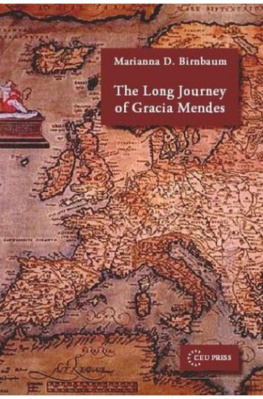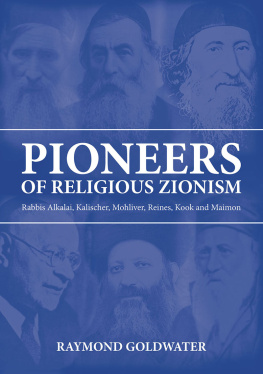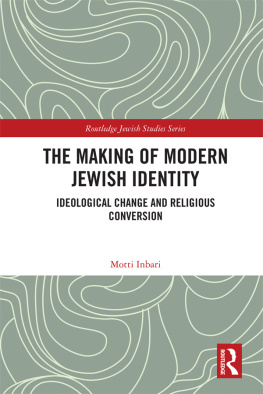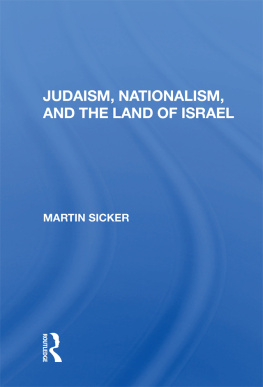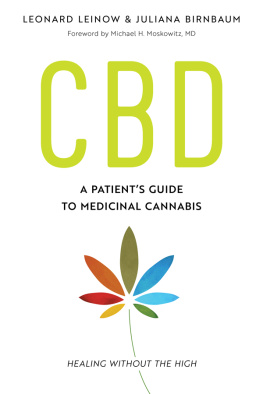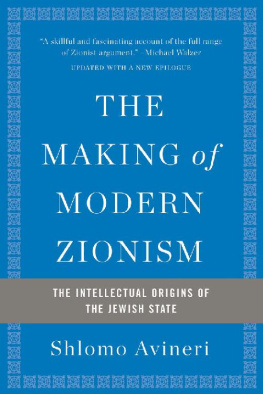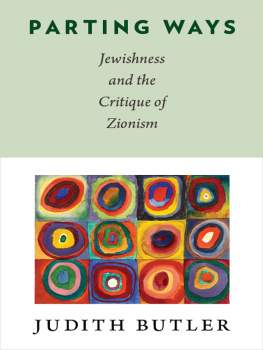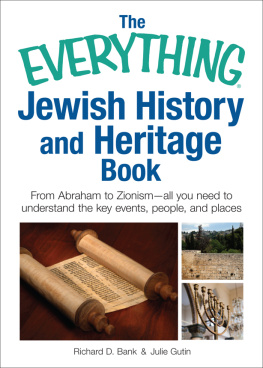STANFORD STUDIES IN JEWISH HISTORY AND CULTURE
EDITED BY Aron Rodrigue and Steven J. Zipperstein
Nathan Birnbaum and Jewish Modernity
Architect of Zionism, Yiddishism, and Orthodoxy
Jess Olson
STANFORD UNIVERSITY PRESS
STANFORD, CALIFORNIA
Stanford University Press
Stanford, California
2013 by the Board of Trustees of the Leland Stanford Junior University.
All rights reserved.
This book has been published with the assistance of the Lucius N. Littauer Foundation and the Yeshiva University Center for Israel Studies.
No part of this book may be reproduced or transmitted in any form or by any means, electronic or mechanical, including photocopying and recording, or in any information storage or retrieval system without the prior written permission of Stanford University Press.
Printed in the United States of America on acid-free, archival-quality paper
Library of Congress Cataloging-in-Publication Data
Olson, Jess, author.
Nathan Birnbaum and Jewish modernity : architect of Zionism, Yiddishism, and orthodoxy / Jess Olson.
pages cm. (Stanford studies in Jewish history and culture)
Includes bibliographical references and index.
ISBN 978-0-8047-7873-2 (cloth : alk. paper)
ISBN 978-0-8047-8500-6 (e-book)
1. Birnbaum, Nathan, 18641937. 2. ZionistsAustriaBiography. 3. YiddishistsAustriaBiography. 4. Orthodox JudaismEuropeHistory. I. Title. II. Series: Stanford studies in Jewish history and culture.
DS151.B5O44 2013
320.54095694092dc23
[B]
2012020624
Typeset by Bruce Lundquist in 10.5/14 Galliard
To my beloved wife, Kara, with deepest love and gratitude
Contents
Illustrations
Acknowledgments
This project began more than ten years ago and succeeded in no small part due to a fortuitous bit of luck, a key tip from Brad Sabin-Hill, currently the curator of the Kiev Judaica Collection at George Washington University. From him, I learned that two of the grandchildren of Nathan Birnbaum resided in Toronto. Thus, I stumbled upon the archive that would turn out to have a far greater impact on my life than I could have imagined. I would like to thank the following for their help, and all errors in this book are mine alone.
Without a doubt this book would have been impossible without the materials of the Nathan and Solomon Birnbaum Family Archive. But even more, the Birnbaum familys hospitality and friendship allowed this project to succeed. Eleazar Birnbaum, Professor Emeritus at the University of Toronto Department of Near and Middle Eastern Languages and Civilizations, has given me comments on my work that have been consistently illuminating. Jacob Birnbaum of Washington Heights spent hours sharing his knowledge and stories of the Birnbaum family history, and his wife, Freda, has attended every lecture I have ever given on the Birnbaum legacy in the greater New York area. Finally, David and Jytte Birnbaum of Toronto have opened their door again and again to me to share the impossibly rich collection that they have cared for with unparalleled passion and depth of knowledge, and David has provided many very helpful comments on the manuscript at every stage. Beyond that, they have taken me into their home, given me innumerable cups of tea and coffee, delicious meals, and hours of conversation that I have relished every time Ive been to Toronto. I offer them my heartfelt thanks.
I am grateful to the many colleagues, friends, and teachers who have provided valuable support and feedback as I wrestled with the book, including Aron Rodrigue, Arnold Eisen, Norman Naimark, Gabriella Safran, and Charlotte Fonrobert. My friends and colleagues Elissa Bemporad, Mia Sarah Bruch, Kenneth Moss, Cecile Kuznitz, Holly Case, Julia Cohen, and Andrew Koss have offered comments in different venues. Zachary Baker gave me hours of his time and expertise at each step in researching this project, as did Heidi Lerner.
As I have seen this book through multiple drafts, many colleagues have read parts and provided me with extremely valuable insight. Sarah Abrevaya Stein has read every chapter and has always been tremendously generous with her time and perspective. Michael Silber, Hillel Kieval, David Rechter, Gershon Bacon, Tony Michels, Martin Jaffee, Shalom Carmy, and Joshua Karlip have given parts of the manuscript their time and attention and provided me with judicious comments. The late Jonathan Frankel gave me his time and comments early on, helping me to grasp the larger importance of Birnbaums legacy. I am grateful to Stefanie Agar for her sharp reading and helpful observations. At Yeshiva University, where I am privileged to work with some of the finest scholars of Jewish studies anywhere, I have benefited from discussions on aspects of the project with my colleagues, including David Berger, Jeffrey Gurock, Daniel Rynhold, Rachel Mesch, Debra Kaplan, and Schmuel Schneider, who shared with me his own work on Czernowitz. I am especially grateful to my friend and colleague Steven Fine, whose door has been open to me from the moment I stepped onto the YU campus. Rabbi Yosef Blau and Rabbi Bernard Rosensweig have shared their encyclopedic knowledge and incisive observations about the early days of the Agudah, and Joseph Friedensohn, editor of Dos Yidishe Vort, was kind enough to invite me to his home to discuss Birnbaums legacy in the Orthodox world. I received great feedback on elements of this book from numerous presentations and conferences, most notably the conferences held in Toronto, organized by Kalman Weiser and Joshua Fogel, and in Chernivtsi, Ukraine, organized by Wolf Moskovich, Leonid Finberg, and Michael Chlenow, in celebration of the one hundredth anniversary of the 1908 Yiddish Language Conference. I am also grateful to my many outstanding students at Yeshiva, in particular, Shimshon Ayzenberg and Jackie Rosensweig, who have read and commented upon chapters of this book with impressive probity. In addition, my talented student and research assistant Yehuda Bernstein provided me with exceptional assistance in combing through the Yizkor books of Galicia.
Aside from the Birnbaum Family Archive, I have benefited from visits to the YIVO and Leo Baeck Archives at the Center for Jewish History, the Dorot Jewish Division of the New York Public Library, the Archives Department of the National Library of Israel, and the Central Archives for the History of the Jewish People. While writing and researching portions of this book, I was generously supported by the Maurice and Marilyn Cohen Fellowship in Jewish Studies, the National Foundation of Jewish Studies, the Hazel D. Cole Fellowship in Jewish Studies at the University of Washington, and the Yad Hanadiv/Beracha Foundation Fellowship in Israel. I am grateful to the Yeshiva University Center for Israel Studies and the Lucius N. Littauer Foundation for their generous assistance in the publication of this book. I also thank Norris Pope, Sarah Crane Newman, and Carolyn Brown at Stanford University Press for their guidance through the completion of this project.
I thank my mother, Paula; my father, Joseph; and my sister, Sara, for many years of support and love. I am also grateful to Susan and Carl Wulfestieg for their interest in my work and for always making me feel like a member of the family.
To my mentor and colleague Steven Zipperstein I give my most sincere thanks for the years of support and hours of discussions, meetings, and phone conversations that went into this book. He has never wavered in his belief in the importance and quality of this project, and I am profoundly grateful.
Finally, to my wife, Kara, and my children, Toby and Beruria: Regardless of how much I struggled with this project, I have found happiness and solace in the wonderful home we have built together. Karas constant support and encouragement have made all the difference for the last fifteen years, and it is to her that this book is dedicated with love and deep gratitude.
Next page

